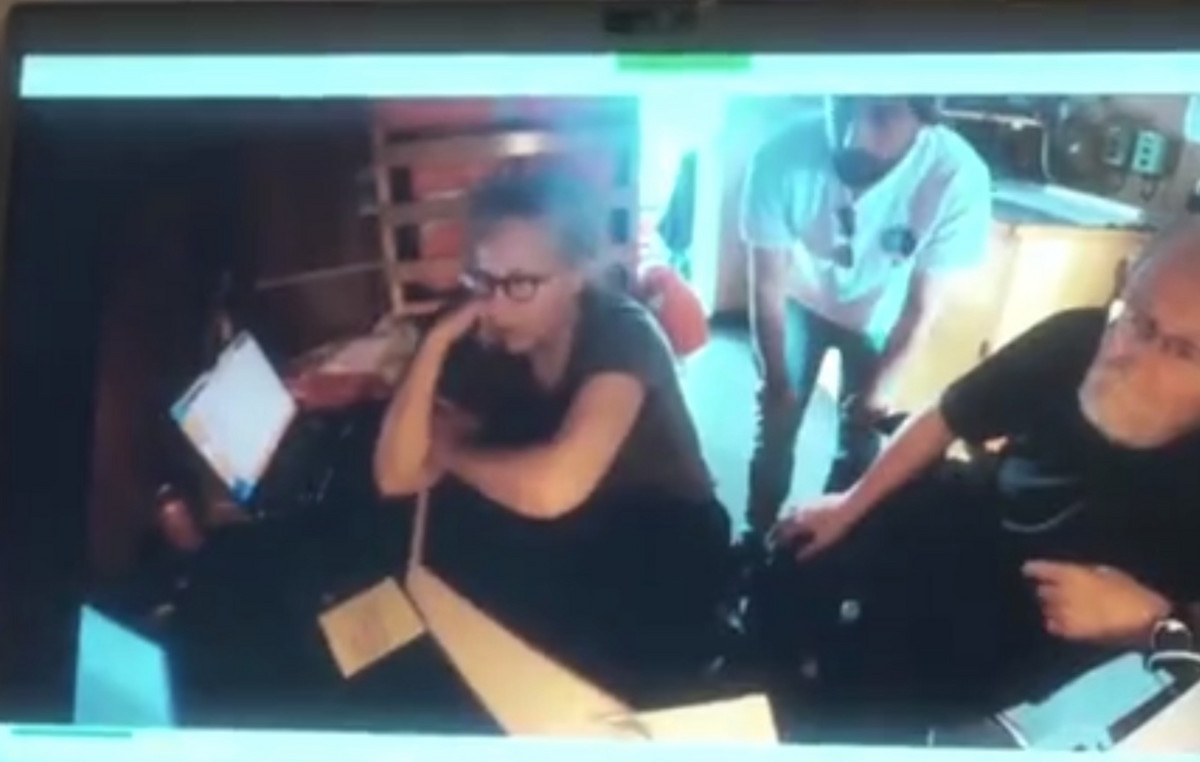After the billion-dollar concession for water and sewage services in Rio de Janeiro, Cedae, a state-owned sanitation company in Rio de Janeiro, is racing to become leaner and more efficient. The downsizing is imposed because the invoicing will plummet.
In recent years, it was around R$ 6 billion a year, according to the president of the state-owned company, Leonardo Soares. From now on, without charging the water bill to households, only with the supply of treated water to private operators, it should be between R$ 2.2 billion and R$ 2.3 billion per year.
In the process of transforming the state-owned company, a new business plan should be ready in March, says Soares. Implementation is expected to take two years, but work has already begun.
Since 2020, 1,800 employees have been laid off (out of 5,200). The cut of operating costs for 2022 is already over R$ 1 billion, according to him. “The size of the company is bigger than the need,” he says.
According to Soares, an energy efficiency project aims to reduce the electricity bill, currently around R$ 1 billion a year, by 30% to 40%.
Last year’s voluntary redundancy plan (PDV) allows for savings of R$ 400 million per year, but the ideal size of the staff will be defined by the business plan.
The transformation is part of a new model in the country’s sanitation sector. The focus is on attracting private operators, separating water and sewage services between “production” – collection and treatment – and “distribution”.
The separation was proposed by the National Bank for Economic and Social Development (BNDES). The distribution of treated water, collection and treatment of sewage, in addition to the commercial relationship with customers, are granted to private operators.
The capture and treatment of water, supplied to private operators, continues with the state company.
“A good part of the things that were in the state companies, but were blocked, are transferred to those who have the capacity to invest”, says Luciene Machado, department head in the BNDES’ Partnership Structuring Area.
Carlos Brandão, president of Iguá Saneamento, which took over one of the concession areas in Rio on the 7th, highlights that the separation encourages operators to accelerate the reduction of water losses.
“As we are water buyers, the more efficient the losses, the greater the productivity”, says Brandão.
In the area taken over by the company, the loss of 62% of the water consumed was diagnosed. That’s way up from the 36% estimated before the auction.
The information is from the newspaper. The State of São Paulo.
Source: CNN Brasil
I am Sophia william, author of World Stock Market. I have a degree in journalism from the University of Missouri and I have worked as a reporter for several news websites. I have a passion for writing and informing people about the latest news and events happening in the world. I strive to be accurate and unbiased in my reporting, and I hope to provide readers with valuable information that they can use to make informed decisions.







